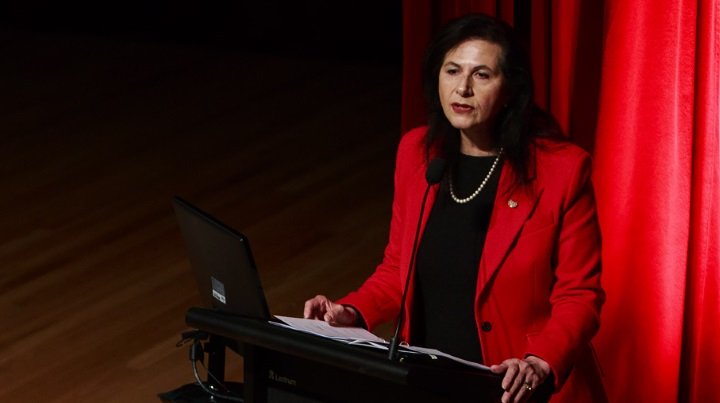Sector News – A fortnightly newsletter featuring general sector news, aid and development activity, and employment vacancies.
Sector Events – Ad-Hoc communication sent to a national and international audience. This newsletter ensures its recipients are up to date on events available to them, both online and face-to-face, spanning a wide range of topics relevant to the humanitarian aid and development sector.
The Weekly (Member Only) – A weekly communication sent to ACFID members, featuring breaking insights, thought pieces and technical analysis, important meetings and events to attend, tasks to action, key employment vacancies, and a message from our partner(s).
Learning (Member Only) – Ad-Hoc communication which aims to build sector capability so that Australia has a high performing development and humanitarian sector that delivers for the stakeholders it serves.
Media (Member Only) – Ad-Hoc communication aiming to keep the membership informed of relevant media releases, interviews, and other key pieces of publicity.
Policy & Advocacy (Member Only) – Ad-Hoc communication aiming to work with government to foster an open, accountable and fair enabling environment for international development and humanitarian practice.
Code & Standards (Member Only) – Ad-Hoc communication about ACFIDs Code of Conduct. The ACFID Code of Conduct sets a benchmark for good practice in the Australian NGO community, as well as being an organisational effectiveness and learning tool.




